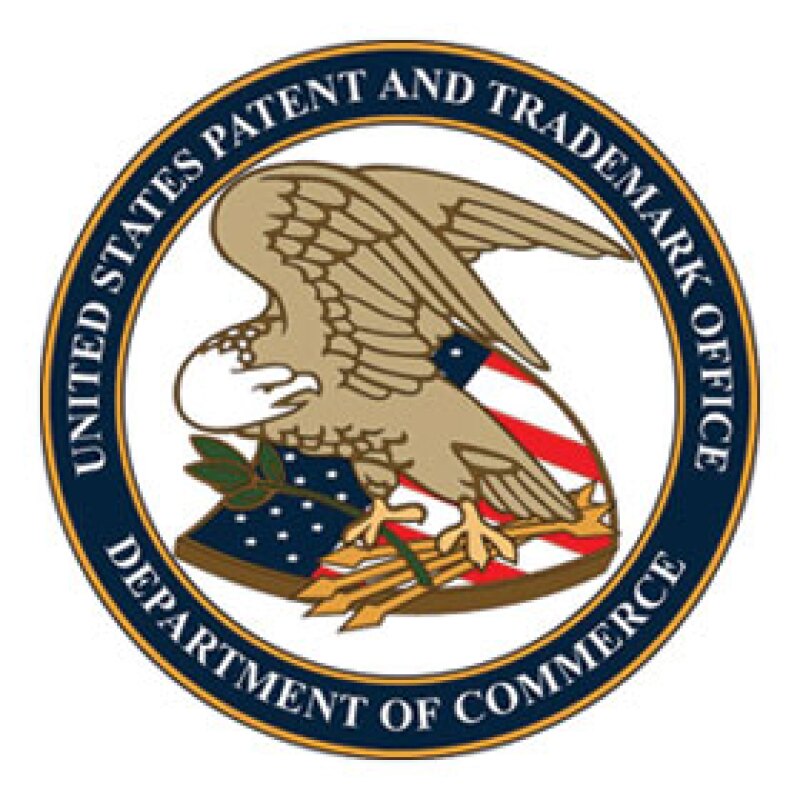The Government Accountability Office has today released two reports on the USPTO, as well as data from the survey of roughly 2,600 patent examiners. All three are below:
Patent Office Should Define Quality, Reassess Incentives, and Improve Clarity
Patent Office Should Strengthen Search Capabilities and Better Monitor Examiners' Work
As noted by Dennis Crouch on the Patently-O blog, the reports were requested by Representative Goodlatte in his role as chair of the House Judiciary Committee. “I expect that Rep. Goodlatte will hold hearings with PTO representatives in the fall to focus on ways to move forward,” said Crouch.

Commenting on the findings of the report on quality, incentives and clarity, the GAO concluded: “GAO makes seven recommendations, including that USPTO more consistently define patent quality and articulate that definition in agency documents and guidance, reassess the time allotted for examination, analyse the effects of incentives on patent quality, and consider requiring applicants to use additional clarity tools. USPTO generally agreed with GAO's findings, concurred with the recommendations, and provided information on steps officials plan to take to implement the recommendations.”
The GAO’s overview of the report on strengthening search capabilities and monitoring examiners’ work states: “GAO is making seven recommendations, among them, that USPTO develop a strategy to identify key sources of nonpatent literature, establish goals and indicators for prior art search quality, and collect sufficient information to assess prior art search quality. USPTO concurred with GAO's recommendations.”
Some find the survey results more interesting than the actual reports.
Lisa Ouellette, assistant professor at Stanford Law School, commented on the Written Description blog: “I think the survey data is more interesting than the conclusions; examiners were asked questions including how much time they spend on different parts of examination, how useful they found PTO training, how often they searched for/used different types of prior art, what factors make prior art searching/examination difficult, how much uncompensated overtime they worked to meet production goals, how confident they were that they found the most relevant prior art, what they think of PTO quality initiatives, etc. Lots of rich data here!”
IP observers on Twitter are already giving their reactions to the reports:
GAO to PTO: You keep using that word - 'patent quality' - I do not think it means what you think it means https://t.co/s9V2xCCFOq — Brian J. Love (@BrianJLove) July 20, 2016
The GAO Report Shows that Examiners in TC 3600 Spend a Lot Less time on Prior Art Searching Than Other Art Units: https://t.co/h1kzB7S2iv — PatentBuddy (@patentbuddy) July 20, 2016
This is an unacceptably high number. pic.twitter.com/o23zYD4LA8 — Vera Ranieri (@vranieri) July 20, 2016









